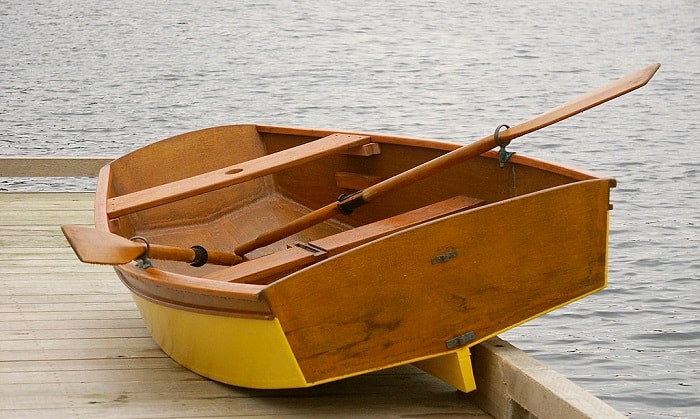
Choosing the Right Plywood for Your Boat Building Project
Hey there, fellow boat builders and woodworking enthusiasts! So you're diving into the exciting world of building your own boat? Awesome! But before you get started, let's talk about something crucial: plywood. Choosing the right type is key to a successful and long-lasting vessel. This guide will help you navigate the options and pick the perfect plywood for your project.Understanding Plywood Grades and Properties
Plywood isn't just plywood! There's a whole world of grades, thicknesses, and species to consider. Let's break it down:Marine-Grade Plywood: The Gold Standard
For boat construction, marine-grade plywood is your best friend. This isn't just a marketing term; it signifies a specific construction and treatment process. It uses waterproof exterior-grade glue, making it significantly more resistant to rot and water damage than standard plywood. You'll often see it denoted as "exterior" or "marine".
Understanding the "Faces" and "Cores"
Marine-grade plywood typically has "faces" (the outer layers) of higher-quality wood veneer, and a "core" of interior-grade veneer. The quality of the faces is crucial for the boat's exterior finish and durability. The core contributes to strength and stiffness. Look for plywood with consistent veneer throughout.
Choosing the Right Wood Species
Different wood species offer different properties. Here are some popular choices:
- Okoumé: A lightweight, strong, and relatively inexpensive option, commonly used in marine-grade plywood. It's a good all-around choice.
- Meranti: Similar to Okoumé, it's known for its strength and workability.
- Douglas Fir: Stronger and heavier than Okoumé and Meranti, often used for larger or more robust boat designs. It's also more expensive.
Thickness and Size Considerations
The thickness of your plywood depends largely on the size and type of boat you're building. Smaller boats might get away with thinner sheets, while larger vessels need thicker plywood for added strength and rigidity. Always check your boat plans for specific recommendations. Also, consider the size of the plywood sheets. Larger sheets can reduce the number of seams, leading to a stronger and more watertight hull.
Beyond the Basics: Additional Factors
While marine-grade plywood is generally your best bet, here are a few other things to keep in mind:
- Inspect your plywood carefully before purchasing. Look for any imperfections, voids, or delamination.
- Consider the climate where your boat will be used. If you're in a particularly humid or wet environment, you might want to consider additional treatments like epoxy coatings for extra protection.
- Your budget will play a role in the type of plywood you choose. Marine-grade plywood can be expensive, but remember that investing in quality materials now will save you headaches (and potentially money) down the line.
Commonly Asked Questions
Q: Can I use regular exterior-grade plywood for a boat?
A: While technically possible for very small projects, it's strongly discouraged. Regular exterior-grade plywood doesn't offer the same water resistance as marine-grade plywood and is more prone to rot and failure.
Q: How do I know if my plywood is truly marine-grade?
A: Look for certifications and markings on the plywood itself. Reputable suppliers will clearly indicate if it's marine-grade. Don't hesitate to ask questions!
Q: What's the best way to treat marine-grade plywood?
A: A good epoxy coating offers excellent protection against water and UV damage. Your boat plans might have specific treatment recommendations.
Happy boat building! Remember to always consult your boat plans for specific plywood recommendations, and don't be afraid to ask for help from experienced boat builders. Good luck!








No comments:
Post a Comment
Note: Only a member of this blog may post a comment.